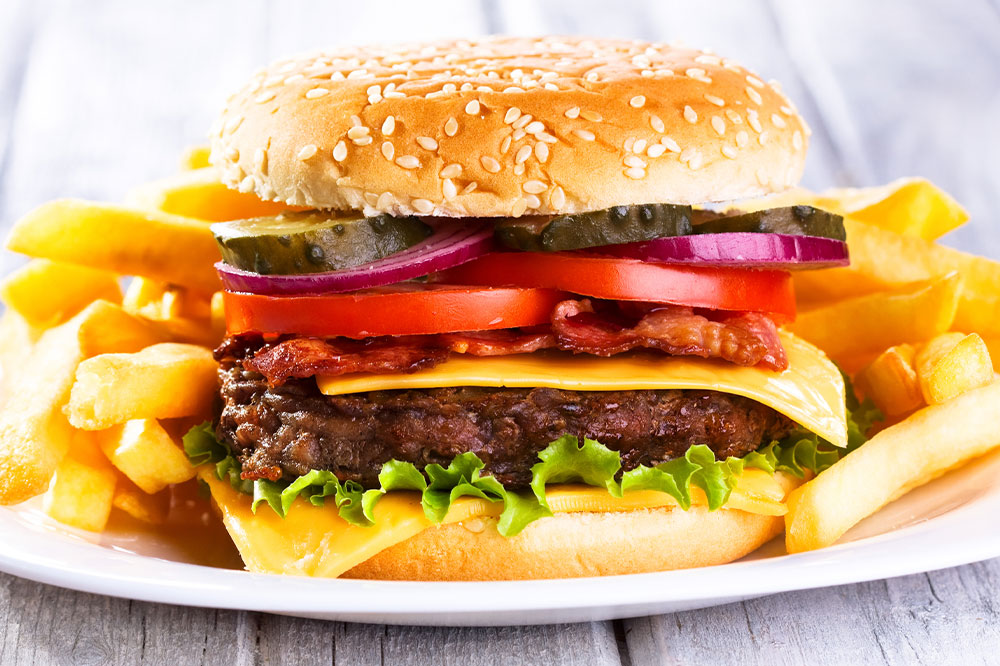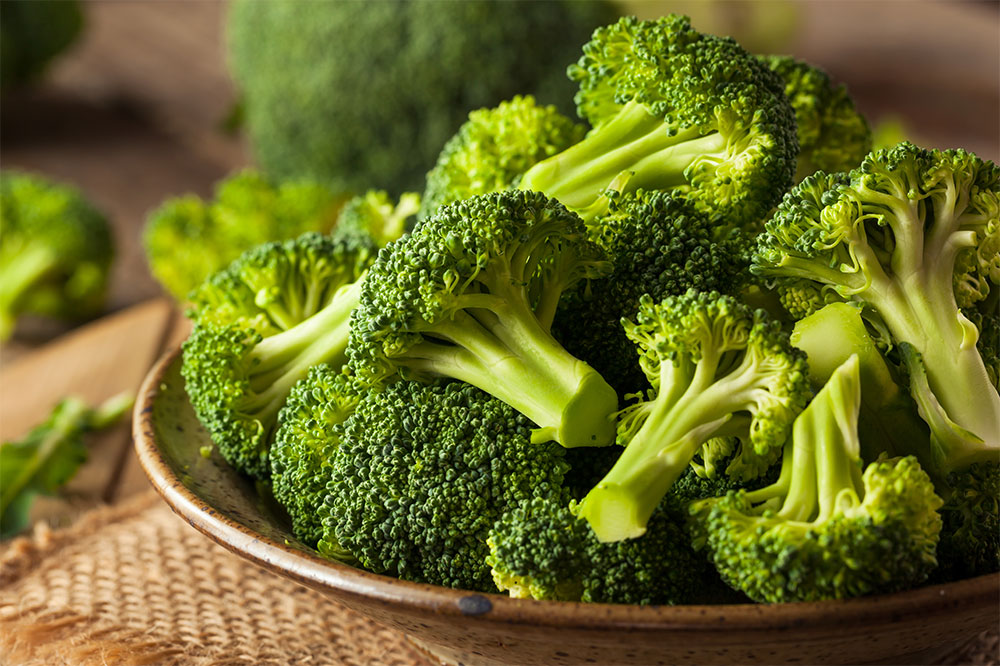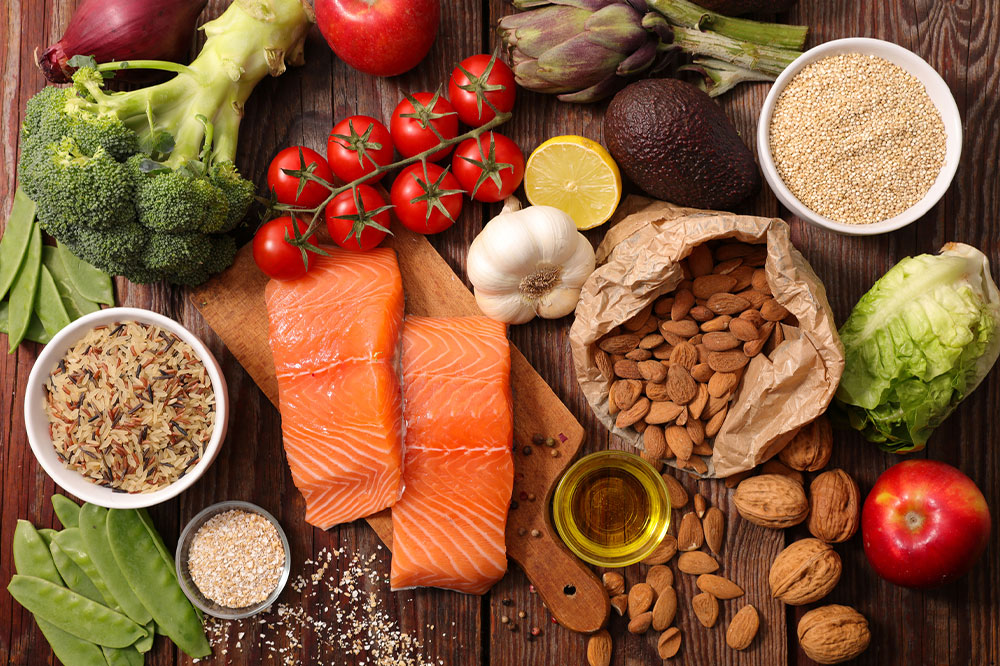Top Foods to Avoid for Reducing Your Cancer Risk and Promoting Better Health
Discover essential dietary tips to lower your cancer risk by avoiding processed meats, fried foods, and excessive alcohol. Learn how to make healthier choices and explore modern treatments like immunotherapy for better health outcomes.

Maintaining a nutritious and balanced diet is a fundamental aspect of preventing various health conditions, especially cancer. Certain foods, when consumed excessively or habitually, can increase the risk of developing different types of cancer. Understanding which foods to limit or avoid can empower individuals to make healthier dietary choices that support long-term wellness. Consulting healthcare professionals for personalized advice is also recommended, especially for those with existing health concerns or at higher risk. In addition to dietary factors, exploring advanced treatment options like immunotherapy can offer hope for recovery and management of cancer.
Processed Meats: A Major Risk Factor
Processed meats include items such as hot dogs, salami, sausages, corned beef, beef jerky, and deli hams. These foods undergo preservation methods like smoking, curing, salting, and canning, which often involve chemical compounds and substances that can be harmful. During these processes, carcinogenic compounds such as nitrates and nitrites are produced, which, when ingested, can form nitrosamines—substances associated with increased cancer risk. Numerous studies have linked high consumption of processed meats to a higher incidence of several cancers, notably breast, stomach, and colorectal cancers. Therefore, limiting or avoiding processed meats is a crucial step in cancer prevention efforts.
Staying aware of these risks encourages healthier choices, such as replacing processed meats with fresh, lean proteins like poultry, fish, or plant-based options. These alternatives are not only safer but also rich in essential nutrients that support overall health.
Fried Foods: Hidden Dangers in Your Diet
Frying foods at high temperatures, especially starchy items like potatoes, breaded vegetables, and snack foods, can lead to the formation of a chemical called acrylamide. This substance arises when foods rich in carbohydrates are cooked at temperatures above 120°C (248°F). Acrylamide has been identified as a potential carcinogen that can cause damage to DNA and lead to cellular mutations. Beyond cancer risk, excessive fried food consumption is associated with other health problems, including obesity, type 2 diabetes, and increased oxidative stress, all of which can indirectly elevate cancer risk. Moreover, fried foods are often high in unhealthy trans fats and calories, contributing to weight gain and metabolic issues.
To minimize these risks, it’s advisable to opt for baking, steaming, or grilling foods instead of frying. Incorporating more fresh, cooked vegetables and whole grains into your diet can also provide protective benefits against cancer and other chronic diseases.
Alcohol Consumption: Impact on Cancer Development
Alcohol is a widely consumed social beverage, but regular and heavy drinking poses significant health risks, including an increased likelihood of developing certain cancers. When alcohol is metabolized in the body, it converts into acetaldehyde—a toxic compound classified as a carcinogen. Acetaldehyde can cause DNA damage and promote oxidative stress, which can contribute to the initiation and progression of cancerous growths. Additionally, alcohol impairs the immune system’s ability to detect and destroy abnormal cells, undermining the body’s natural defenses against cancer.
Research consistently shows that heavy alcohol consumption elevates the risk for several types of cancer, notably breast, liver, esophageal, and colorectal cancers. Women who regularly consume large amounts of alcohol are particularly vulnerable to estrogen receptor-positive breast cancer, which is influenced by hormonal changes. Reducing alcohol intake is a key preventative measure; moderation or abstinence can significantly decrease cancer risk and improve overall health.
Immunotherapy: A Modern Approach in Cancer Treatment
In recent years, advances in cancer treatment have introduced immunotherapy as a promising strategy. This innovative approach leverages the body’s immune system to identify and destroy cancer cells more effectively. Immunotherapy techniques include T-cell transfer therapy, immune checkpoint inhibitors, and cancer vaccines, among others. T-cell transfer involves extracting immune cells from the patient, then enhancing their ability to target cancer cells before reintroducing them into the body. These treatments can be used alone or in combination with traditional therapies like chemotherapy or radiation.
Maintaining a healthy diet and lifestyle plays a vital role in supporting the efficacy of immunotherapy and reducing overall cancer risk. Consuming foods rich in antioxidants, such as fruits and vegetables, can bolster the immune system and help in fighting off disease. Avoiding known carcinogens, such as processed and fried foods and excessive alcohol, complements medical treatments and contributes to better health outcomes.
In conclusion, making informed dietary choices by limiting or avoiding processed meats, fried foods, and alcohol can substantially reduce your risk of developing cancer. Coupling these changes with advanced treatments like immunotherapy offers a comprehensive approach to cancer prevention and management. Emphasizing a balanced diet, regular exercise, and consultation with healthcare professionals remains the cornerstone of maintaining long-term health and well-being.





